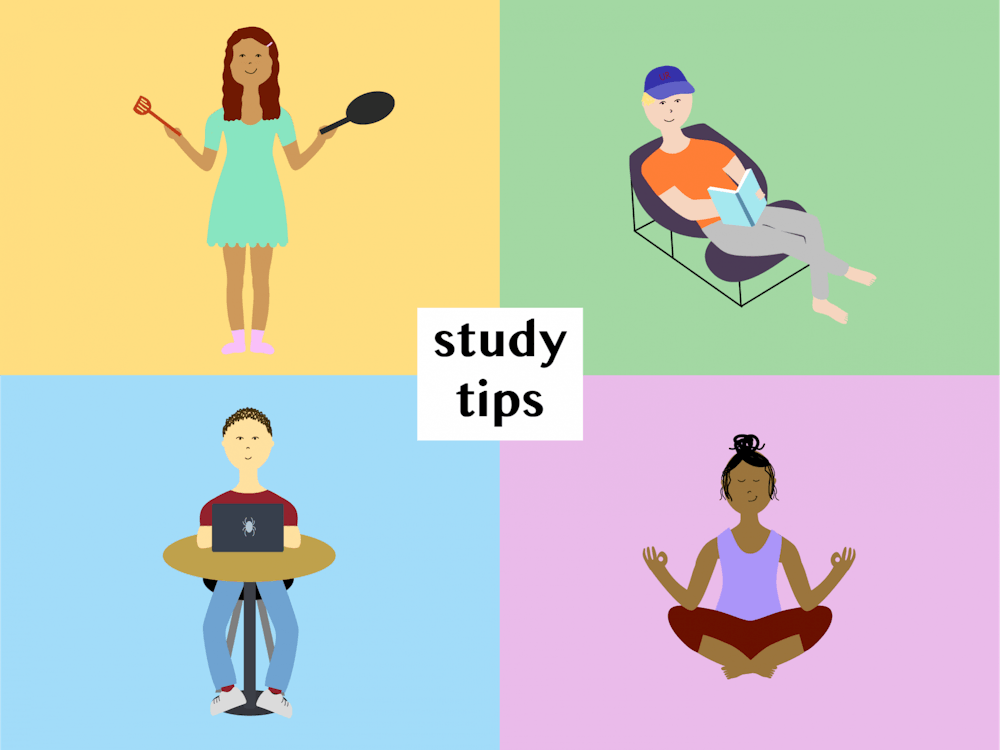Who thought we would get to this point, to this extremity over COVID-19, an invisible assailant? Yet here we are. Week two of being at home, away from the University of Richmond, where we thought we would be until the end of April.
In these difficult times, students have been asked to attend online classes from the relative safety of their own home, and that poses unique challenges to their studies. When social distancing, what are the best ways to maintain good study habits?
Although there hasn’t been a grave change in the way junior Dara Golding's classes have been run, readjusting to home life has been a challenge, Golding said.
Balancing home life with school life is particularly hard when they are both in the same space, Golding said. Two suggestions Golding said would help her keep up with academics were to make sure you have a place to be, like a desk, not a couch, and that students should be flexible with classes to try and ease the difficulties online learning presents, she said.
Zoom, for example, while highly beneficial to both discussion and lecture-based classes, can be difficult to manage for those unfamiliar to it, she said. Golding suggested that students should familiarize themselves with the technology they will be using to learn to make the learning process a bit smoother.
Katie Wall, a junior, said that making one's own schedule was probably pretty useful, adding that classes that had happened at their original times on Zoom were highly beneficial for creating a schedule.
Wall said that students should set time aside to do specific tasks so they don't spend too much time on one particular project, she said.
Another student, junior Lee Tyler, agreed that a schedule was essential, saying she tried to keep as much as she could to a schedule. She is trying to do as much work as she can outside to try and break the monotony of working indoors, Tyler said.
Wall suggested students should try to schedule time for activities outside of academics because extracurriculars are no longer an option.
"It’s easy to ignore time you would have spent doing different activities," Wall said.
I think overworking is just as bad as underworking, and it is essential to find the balance necessary to maintain mental and physical health. In the end, the main ideas here are balance and flexibility.
Students who work with these attributes can be able to adapt to the new situations that COVID-19 has presented to the world and maintain their original study habits in a new environment.
Enjoy what you're reading?
Signup for our newsletter
This is the second installment of a three-part series to be published about social distancing.
Contact lifestyle writer Colette Creamer at colette.creamer@richmond.edu.
Support independent student media
You can make a tax-deductible donation by clicking the button below, which takes you to our secure PayPal account. The page is set up to receive contributions in whatever amount you designate. We look forward to using the money we raise to further our mission of providing honest and accurate information to students, faculty, staff, alumni and others in the general public.
Donate Now



